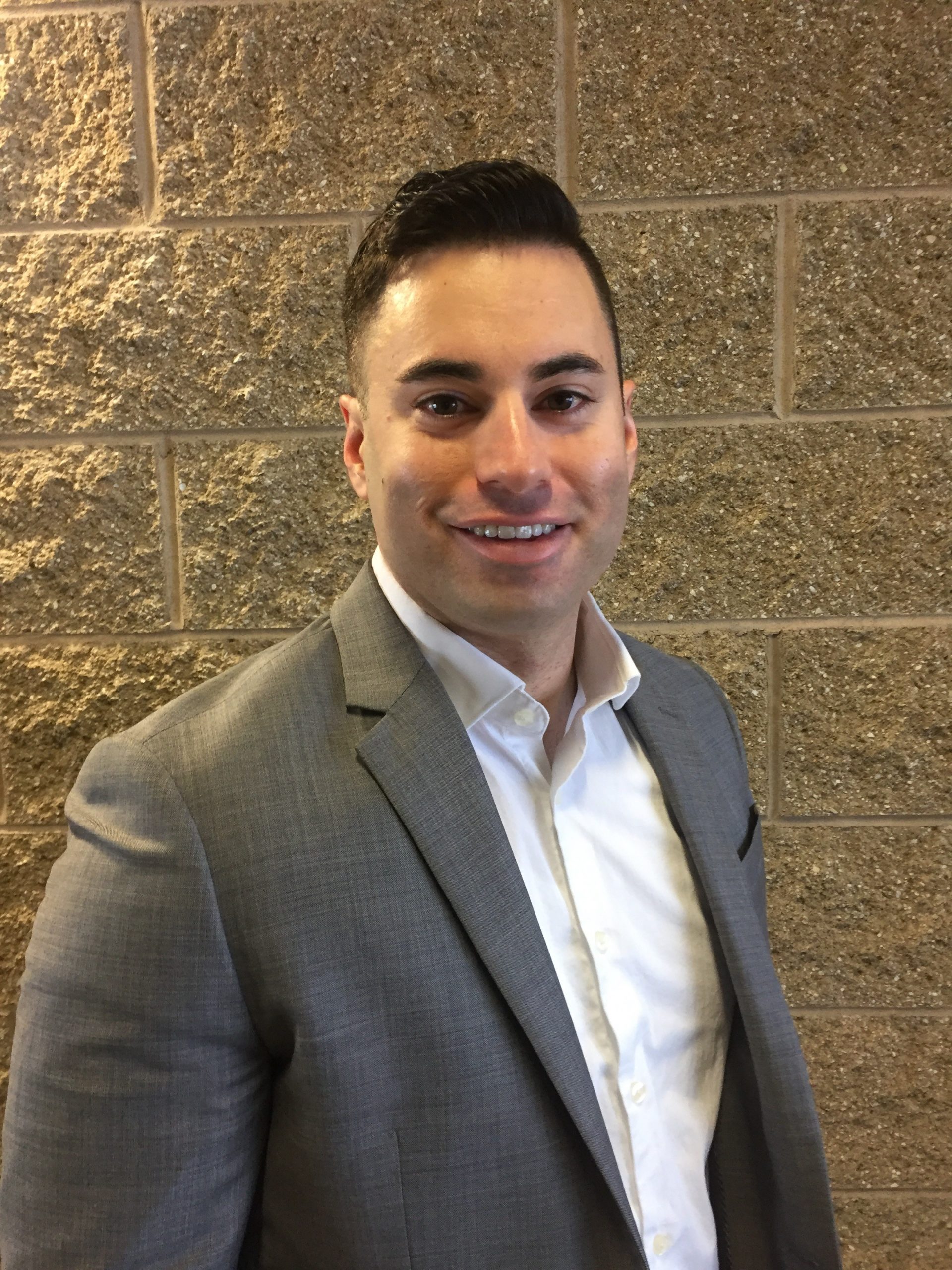Marketing strategies are constantly evolving in today’s digital age. Businesses have to adapt in order to remain relevant and keep up with the competition.
For addiction treatment centers, the stakes are especially high. This is because the goal isn’t just to attract potential clients, but also to save lives. Their job is to support people and help them get started on their recovery journey.
Social marketing is a powerful tool that can help rehab centers achieve these goals. It focuses on influencing behaviors that benefit individuals and communities for the greater social good. Used properly, it offers a powerful way to reach those in need.
However, marketing for addiction treatment presents unique challenges. There are sensitivities around privacy, stigma, and the personal nature of recovery. Here we will explore how addiction treatment centers can use social marketing to reach the right people in ethical, effective, and impactful ways.
Understanding Social Marketing
While traditional marketing tactics focus on selling products or services, social media goes beyond that. It’s all about changing behaviors for social good—whether it’s encouraging healthier lifestyles, promoting responsible drinking, or, in this case, guiding people toward addiction treatment.
The core principles of social marketing revolve around understanding the audience’s needs, barriers, and motivations. It also focuses on creating messaging that resonates on an emotional level. Social marketing for rehab centers addresses stigmas and offers practical solutions.
Here are some of the key elements of social marketing for addiction treatment centers:
Audience Segmentation
Effective social marketing for addiction treatment centers begins with clear audience segmentation. This involves identifying distinct groups based on demographics and behaviors like age, addiction type, and stage of recovery. Tailoring messages to each group’s needs and motivations ensures a more personalized and impactful approach.
Focus on Behavioral Change
In addiction treatment, the ultimate goal of social marketing is to drive a change in behavior. Campaigns should encourage people to seek help, adopt healthier coping mechanisms, or support loved ones in recovery.
Emotional Resonance
Addiction treatment messaging must resonate emotionally with audiences. Grappling with addiction or watching your loved one struggle with substance abuse is not easy. Social marketing needs to address the feelings of shame, guilt, and fear that people feel.
Using real stories of recovery and empathetic communication can help reduce the stigma associated with addiction and rehab. This builds trust and encourages people to take the first step toward seeking help.
Message Framing
How a message is framed is crucial for its effectiveness. Positive framing often generates more engagement. Rehab facilities should focus on the benefits of recovery rather than the consequences of addiction.
Avoid using words that stigmatize people dealing with addiction, such as “addicts” or “alcoholics”. These words dehumanize patients, making it seem like addiction is a moral failing rather than a chronic medical condition.
Compassionate and hopeful language makes treatment centers more welcoming. This will encourage more people to seek the help that they need.
Ethical Considerations
Ethical marketing in addiction treatment is essential to avoid exploitation or manipulation of vulnerable individuals. Centers must ensure that they provide accurate information, respect patient confidentiality, and avoid fear-based tactics. Transparency and honesty build long-term trust and credibility.
Building an Effective Social Marketing Strategy for Addiction Treatment Centers
While social marketing has its benefits, it is important to craft a proper marketing strategy in order to reap those benefits. With a proper strategy, you can effectively communicate the center’s services and values.
A targeted strategy raises awareness, builds trust, and reduces the stigma around going to rehab. By reaching the right audience through tailored messaging on social platforms, the center can increase engagement, foster a supportive community, and ultimately connect more people to the life-saving resources they need.
Identify Your Target Audience
The primary audience for addiction treatment services often includes those who are struggling with substance abuse, as well as their loved ones.
However, you need to segment this group further based on factors like age, gender, socio-economic background, and specific substance dependencies. For example, young adults facing opioid addiction may respond to different messaging and platforms compared to middle-aged individuals dealing with alcohol abuse.
Additionally, targeting family members, friends, and even healthcare professionals who can refer or support those in need is equally important. If you understand these demographics and their behaviors, you can craft tailored content that resonates with them on platforms where they are most active, ensuring that your messaging reaches the right people at the right time.
Craft Empathetic, Stigma-Free Messaging
Addiction is a deeply personal and often stigmatized issue. Effective messaging needs to break down those barriers and offer hope, not judgment. When creating your campaigns, think about:
- Avoiding harmful language: As we mentioned earlier, terms like “addict” or “junkie” can reinforce negative stereotypes. Use people-first language, such as “individuals struggling with substance use disorder”.
- Highlighting recovery and hope: Addiction is often portrayed as a hopeless battle, but treatment centers need to emphasize the possibility of recovery. Show success stories, share positive outcomes, and focus on the future.
- Providing clear action steps: Many people may not know where to begin. Make it easy for them to take the first step, whether it’s making a confidential call, attending an online consultation, or joining a support group.
An effective social marketing strategy should craft empathetic messaging that resonates deeply with those affected by substance use disorders. Begin by understanding the emotional and psychological needs of your potential clients and their families. The messaging should convey support, hope, and understanding rather than judgment or blame.
Use language that normalizes the conversation around addiction as a treatable health condition, rather than a sign of weakness. Storytelling, testimonials, and educational content can help humanize the recovery process and highlight that treatment is both accessible and effective.
On top of all this, make sure that your strategy includes resources like helplines or support groups so that people are motivated to reach out. It’s all about using authenticity and compassion to create a safe and welcoming space for all.
The Power of Storytelling
Speaking of storytelling, this is one of the most effective tools in social marketing.
For addiction treatment centers, this can mean sharing real-life recovery stories from past clients (with permission, of course). These narratives can serve as powerful testimonials, showing others that recovery is possible.
Consider using different mediums for these stories—videos, blog posts, and even podcasts—so that they can be consumed in various ways across your marketing channels.
Leverage Digital and Social Media Platforms
For rehab centers, a strong digital presence is critical for reaching those who need help. Here’s how to leverage these platforms effectively:
Social Media
Social media platforms like Facebook, Instagram, TikTok, and LinkedIn allow you to engage directly with your audience. Each platform can be used in different ways:
- Facebook: Create a community of support with groups where patients and their families can ask questions and share resources. Run targeted ads based on demographics such as age, location, and interests.
- Instagram: Share inspirational content, such as quotes from those in recovery, images of your center, or short clips of success stories.
- TikTok: This platform is becoming increasingly popular for mental health and recovery stories. Share short, impactful videos that show the personal side of recovery.
- LinkedIn: Use LinkedIn to connect with healthcare professionals and share research, treatment methodologies, and the success of your programs.
When using social media, authenticity is key. People are looking for genuine connections and support, not sales pitches. It’s all about using the right platform for the right purpose. Learn what type of content does well on each platform and use that knowledge to make the most out of them.
SEO and Content Marketing
Many people start their journey by searching online for terms like “addiction treatment near me” or “help for alcohol dependency.” By investing in search engine optimization (SEO) and content marketing, your treatment center can appear in these crucial search results.
The best part about SEO is that you are going to reach people who are actively searching for your services online. SEO and content marketing help ensure that the right audience finds your services online. Used correctly, it can help those people receive the information they need to get started on their sobriety journey.
First, a solid SEO foundation is necessary to make sure the website ranks highly in search engine results. This means optimizing for relevant keywords, such as “addiction recovery,” “rehab programs,” and location-specific terms like “addiction treatment center near me.”
Additionally, technical SEO aspects like website speed, mobile-friendliness, and metadata need attention to provide an optimal user experience and meet search engine guidelines.
Content marketing goes hand-in-hand with SEO. With this strategy you can provide valuable, educational, and compassionate content that gives people the information they need regarding addiction and rehab. This may inspire them to pursue recovery.
Treatment centers can create blog posts, success stories, informative videos, and guides that address common questions, myths, and fears about these sensitive topics. You can use content to address various stages of the decision-making process—from awareness to taking action.
Educational content builds trust, allowing your rehab facility to appear as an authority figure in your industry. This makes it more likely that people will go to you if they ever decide to seek help. Not only that, content marketing is the perfect vehicle for all the keywords you need to incorporate for your SEO.
Keep in mind that SEO will not produce results overnight. It is more of a long-term strategy that you need to incorporate alongside your other social marketing efforts.
Use Paid Advertising Thoughtfully
Building an effective social marketing strategy is more than just using organic efforts like SEO and social media. It also involves using a thoughtful approach to paid advertising.
Given the sensitivity of the subject matter, it’s essential to focus on ethical and targeted ads that resonate with the right audience. Paid advertising platforms like Google Ads, Facebook, and Instagram offer powerful tools to target individuals based on location, demographics, and even interests related to recovery and wellness. However, it’s crucial to ensure that the messaging is compassionate, supportive, and non-stigmatizing.
Rather than using fear tactics or aggressive marketing, ads should focus on the hope of recovery, available treatment options, and the supportive environment the center provides. Highlighting success stories, offering educational resources, and incorporating clear calls to action like “Call for Help” or “Learn More” can guide potential clients and their families toward seeking assistance.
Your paid ads should also be transparent when it comes to costs, services, and available treatment options.
Measure and Adjust Your Strategy
No marketing strategy is set in stone, and that’s especially true in the field of social marketing. It’s important to continuously monitor your campaigns to see what’s working and what’s not. Tools like Google Analytics, social media insights, and paid ad metrics can help you track:
- Engagement rates: Are people interacting with your content? Which posts or ads are getting the most likes, shares, or comments?
- Conversion rates: Are visitors to your site taking action? This could be filling out a form, making a phone call, or booking an appointment.
- Reach and impressions: How many people are seeing your ads and content? Are they the right demographic?
Use this data to adjust your strategy over time. If one type of content resonates more with your audience, create more of it. If an ad campaign isn’t getting the results you hoped for, tweak the messaging or targeting.
Ethical Considerations in Social Marketing for Addiction Treatment
Marketing addiction treatment services comes with significant ethical responsibilities. Exploiting people’s vulnerabilities for profit is not only harmful but also counterproductive. An effective and ethical social marketing strategy must prioritize transparency, respect, and the dignity of individuals seeking help.
Here are a few key ethical guidelines:
- Do not overpromise: Recovery is a challenging and ongoing process. Avoid making guarantees about success or specific timelines.
- Respect privacy: Ensure that your marketing materials, particularly testimonials or recovery stories, are used with full consent and in a way that respects individuals’ privacy.
- Offer real resources: Don’t just sell a service—provide tangible help. Make sure your website and ads offer valuable resources, like a 24/7 hotline, free consultation options, or educational content.
Work with MasterMindSEO
Overall, social marketing is a powerful way to reach individuals and families in need of help. By using empathetic messaging, leveraging digital platforms, and maintaining ethical practices, treatment centers can build trust and guide people toward the path of recovery.
The key to success is understanding your audience, crafting messages that resonate on an emotional level, and providing clear, actionable steps toward hope and healing.
And because social marketing has become such an indispensable tool for addiction treatment centers, it is important to work with a company you trust.
MasterMindSEO has experience in performing digital marketing campaigns for e-commerce, national, regional and local businesses. Email or call and we will be happy to see how we can help your center get more leads and help more patients!
Ready to take your addiction treatment SEO to the next level? Want to rank your detox center on Google Maps? Let MasterMindSEO help you.
[button color=”undefined” hover_text_color_override=”undefined” url=”https://bookme.name/MasterMindDBS” text=”Get More Admits!” color_override=””]

